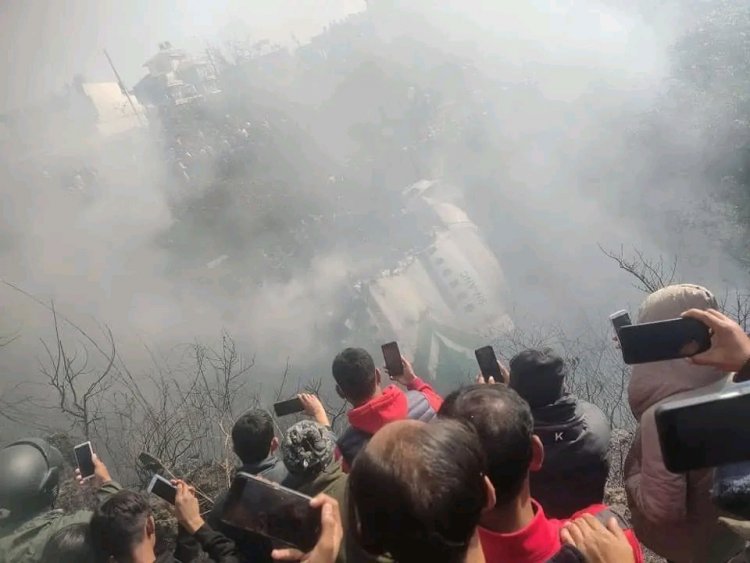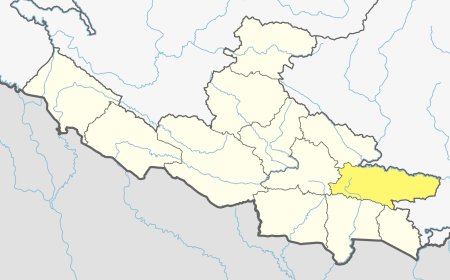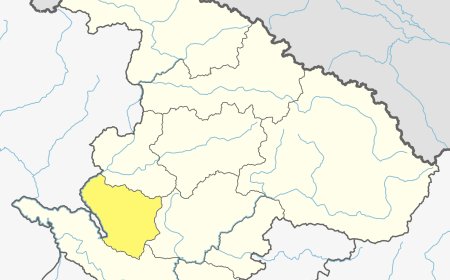How social media is affecting the way Nepalese society responds to crisis
In today's Nepalese society, it seems as though people are more focused on capturing the moment than helping those in need.

In today's Nepalese society, it seems as though people are more focused on capturing the moment than helping those in need. This is particularly evident in the aftermath of accidents, where instead of rushing to assist the injured, individuals can often be seen pulling out their phones to take photos and videos. This behavior is not only disturbing, but it also raises serious ethical concerns.
Taking photos and videos of accidents and those who have been injured is not only disrespectful, but it can also be harmful to the victim and their families. Imagine being involved in an accident and having photos and videos of the incident shared on social media without your consent. This can be a traumatic experience and cause further harm to the victims and their families. It is important to understand that these victims are not just the subject of a photo opportunity; they are human beings who are going through a difficult time.
The act of taking photos and videos of accidents also highlights a deeper issue in society, which is the increasing prioritization of social media and the need for likes, shares, and views over empathy and compassion. People are more concerned with getting the perfect shot to post online than actually helping those who are in need. We live in a world where social media plays a significant role in our lives, but it is important to remember that real-life experiences and interactions should always take precedence over online validation.
It is important for society to recognize the harmful consequences of this behavior and to prioritize helping others. Instead of taking photos and videos, we should be providing assistance and support to those who are in need. This could be as simple as calling emergency services, staying with the victim until help arrives, or providing first aid. By taking action, you can make a real difference in someone's life.
In conclusion, the act of taking photos and videos of accidents is not only disrespectful and harmful, but it also reflects a deeper problem in society where people prioritize social media attention over compassion and empathy. It is important for society to recognize the negative effects of this behavior and to prioritize assistance and support for those in need over taking photos and videos. By doing so, we can create a society that is truly committed to helping those in need.
We all must be empathetic and compassionate and act humanely in times of crisis. It is our moral and ethical duty to help others in need and not to use them for our personal gain. It is time for us to put our phones down and start helping others in need. If we all take a step forward, we can create a society where the well-being of others is more important than our own personal gain.
What's Your Reaction?







































































































